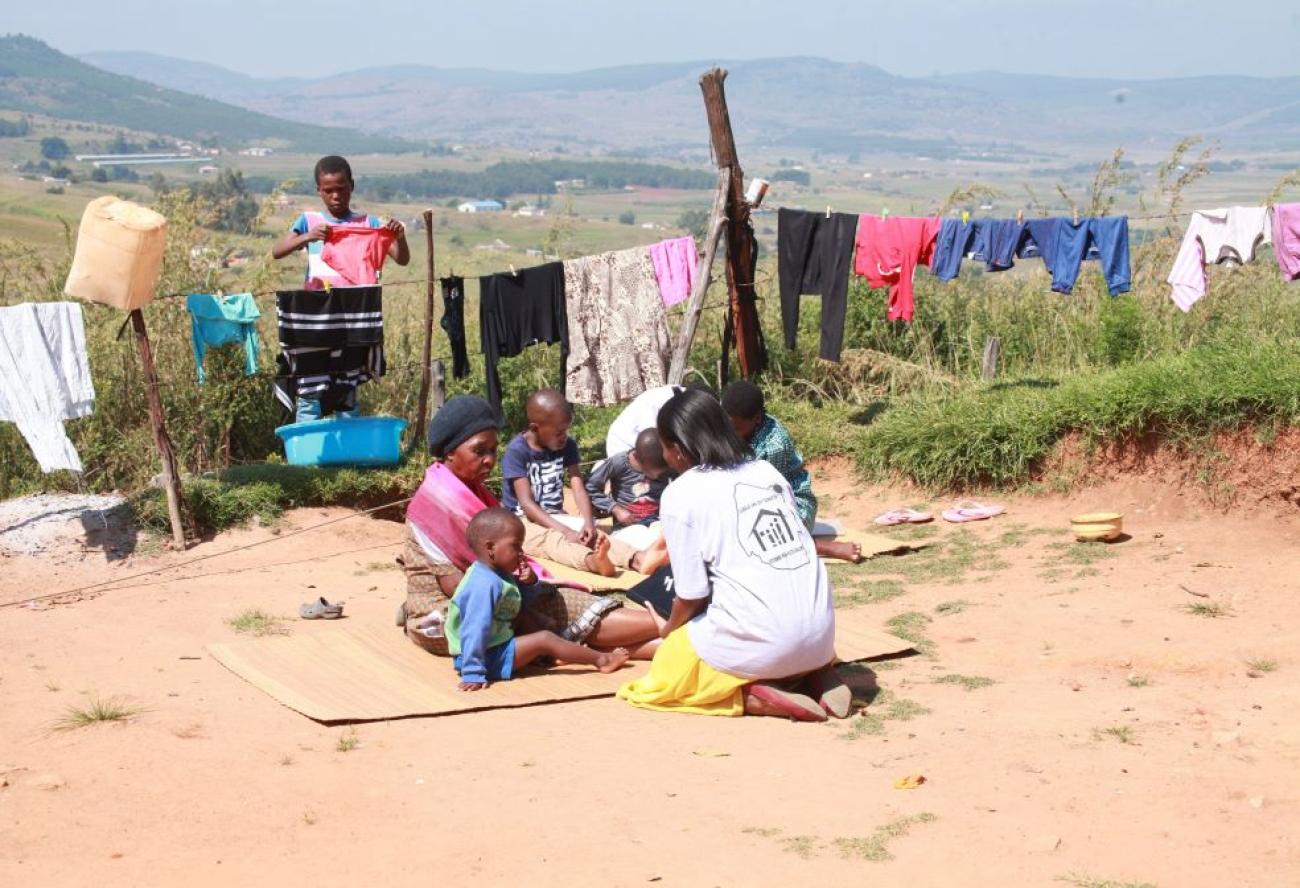The use of ICT devices (i.e. tablets) to collect census data worked very well and experiences from Swaziland will help countries that are taking the digital technology route to conduct their censuses in the coming months and years. ICT brought with it improved efficiencies in a number of ways, including minimizing human error, cutting down on data processing time, as well as more accurate and centralised monitoring of the data on a day to day basis.
At a practical level, this meant that the national Census Team was able to keep track of populations that had been counted, and those that had not been counted, enabling the team to intervene timely where necessary. Another distinctive element of the Swaziland 2017 census was the partnership forged between the Government of Swaziland (through the Central Statistical Office) and MTN Swaziland, the largest mobile network operator in the country, where a closed network system was specifically designed to facilitate communication among all members of the Census Team, including enumerators.
This subsidized free flow of communication made it easier for enumerators to reach out to their supervisors for real-time guidance when they encountered problems. As a cost minimizing strategy, one of the key recruitment strategies was the engagement of field staff such as census enumerators and supervisors to collect data in areas in which they normally reside. The data collection teams were able to get by with minimal needs for transportation and accommodation. This also had the advantage that they were familiar with the communities assigned to them. A South-South cooperation between the Government of Swaziland and South Africa resulted in a loan agreement between the two countries for the use of 3,000 digital tablets, a collaboration that saved the Government of Swaziland over US$700,000 in procurement costs.
Further, the UNFPA East and Southern Africa Office, supported the participation of 21 African Young Statisticians and Demographers (YASD) from 7 countries (Botswana, Lesotho, Malawi, Kenya, South Africa, Zimbabwe and Swaziland) to gain hands-on experience in the implementation of a national census, particularly in the use of digital technology for census data collection. This group of young people, under the auspices of the Association of Young Statisticians and Demographers, were attached to the national Central Statistics Office and worked alongside the Government Census Team to support different census components based on their expertise. The idea was to continue to support the Association of Young Statisticians and Demographers to further strengthen its capacity for the implementation of digital census in the Africa region.
UNFPA has provided both technical and financial support to undertake the 2017 Census particularly in the area of census information technology, capacity building and provision of Census equipment. UNFPA also led the coordination and leveraging of resources from other UN agencies and development partners for various processes in the Census implementation. Other UN agencies that have contributed to the Swaziland census are UNICEF, UNDP, WHO, WFP and UNAIDS. UNFPA's total contribution to the 2017 census activities has been US$400,000 and other UN agencies (UNICEF, WHO, UNDP, WFP and UNAIDS) have contributed a total of US$74,000.
The Government of Swaziland is putting together the enormous data collected from the people of Swaziland, checking it to ensure that data from all communities in the country is accounted for. Currently the data is being validated and preparation of the reports, in various phases, is ongoing.






